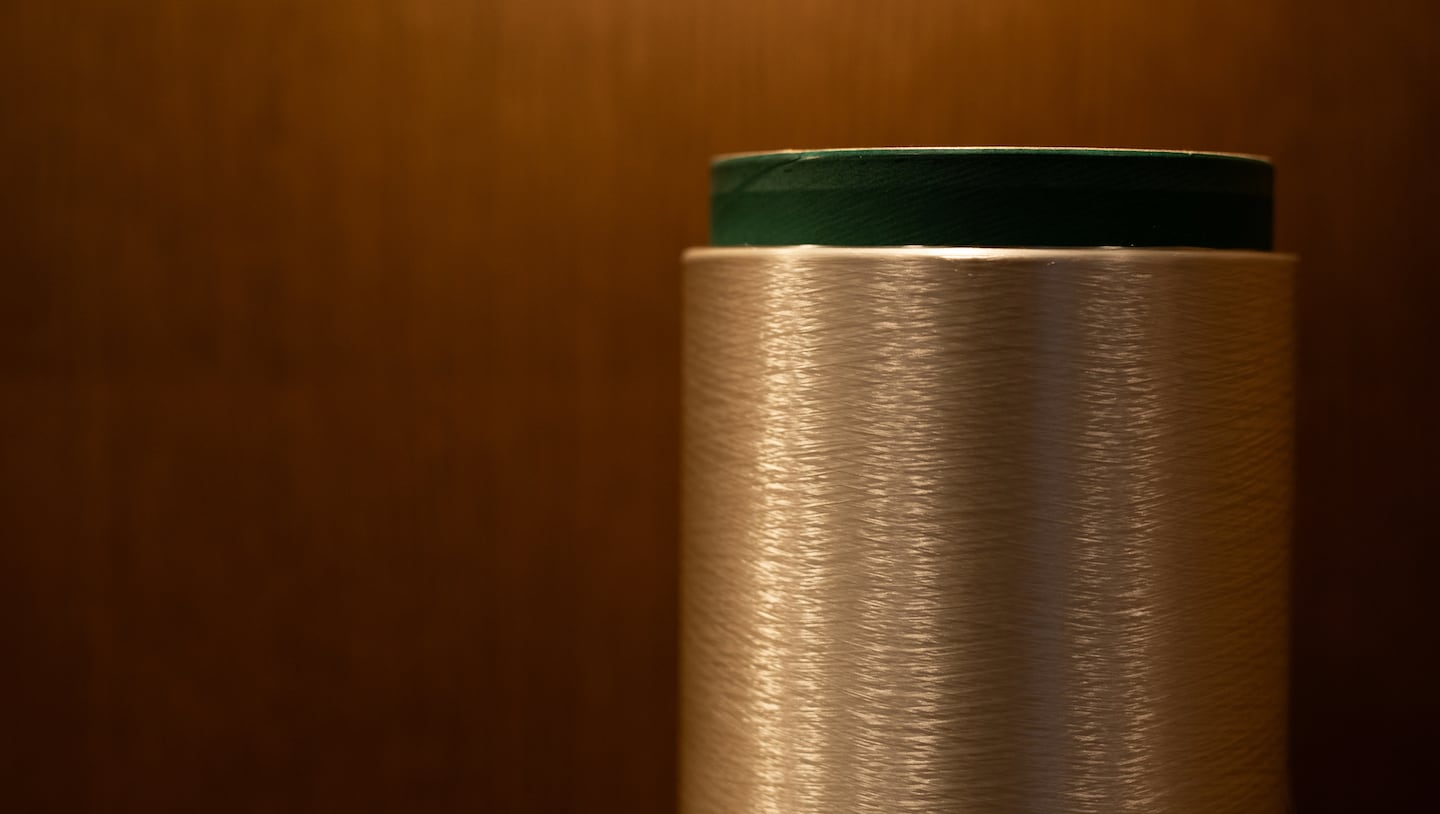
Agenda-setting intelligence, analysis and advice for the global fashion community.

Agenda-setting intelligence, analysis and advice for the global fashion community.

H&M Group is shifting its bet on the future of fashion recycling.
The Swedish fast-fashion company has teamed up with green industry investor Vargas and private equity group TPG to launch Syre, a textile-to-textile polyester recycler with ambitions to rapidly scale up industrial operations.
The launch comes just weeks after Renewcell, another recycling venture backed by H&M and focused on producing recycled viscose, declared bankruptcy.
“We supported Renewcell since 2017 and we believed in their vision and business idea, however driving innovation naturally comes with challenges, particularly with regards to scalability and commercialisation,” H&M said in an email. Polyester currently accounts for around 20 percent of the company’s material mix; viscose accounts for less than 5 percent. Syre has been in stealth mode for a couple of years.
ADVERTISEMENT
Syre’s backers have committed around $60 million to fund construction of a first factory in North Carolina, with the bulk of that money coming from TPG. Billions more will be needed to meet the company’s ambition to build 12 industrial plants around the world over the next decade.
H&M has doubled down on the company with a $600 million take or pay contract to source a substantial share of its anticipated demand for recycled polyester over the next seven years.
The structure follows an established playbook for Swedish investor Vargas, which has made a practice of lining up customers and purchase commitments to underpin big bets on businesses geared towards decarbonising swathes of industry, including battery-maker Northvolt and green hydrogen-powered steel mill H2 Green Steel.
Syre will still have to overcome technical and commercial hurdles that have bedevilled other efforts to scale up textile-to-textile recycling technologies to date, including a lack of infrastructure to sort old clothes into feedstock for recycling plants, extreme price sensitivity from potential customers and structural challenges involved in pushing a new material through the supply chain.
In its favour, Syre says its fibre is a plug- and- play alternative to virgin polyester that can drop into existing manufacturing processes. Its recycling process can accept textile blends with as little as 60 percent polyester content, though its commercial sweet spot is around 90 percent. An estimated 50 cent per garment premium compared to conventional polyester may prove a tough sell in the highly competitive and price-sensitive fashion market, but it’s expected to come down with scale and time. The company is also targeting other sectors, including automotives and interiors. Toughening regulation and tight supply of more sustainable materials are expected to help support the market in the meantime.
H&M said it has already baked a premium for more sustainable materials into its margin goals.
“We need to start the textile shift,” said Syre CEO Dennis Nobelius. “There needs to be a green premium at the start.”
Learn more:
ADVERTISEMENT
Renewcell Was Poised to Lead Fashion’s Recycling Revolution. How Did it Fail?
The Swedish company was at the forefront of efforts to scale up supply of more sustainable materials.
As the EU seeks to crack down on a growing glut of clothing waste, the rise of low-value ultra-fast-fashion, along with increased competition and geopolitical disruption, are putting pressure on the economics of collecting, sorting and recycling used textiles.
After a pandemic contraction — and with a new CEO on board — the godmother of mindful consumption is gearing up to grow (mindfully).
Cheap and versatile polyester has underpinned both the fashion industry’s growth and its worsening environmental footprint. Efforts to switch to recycled fibre are stalled, new data show.
This week, New York hosted the “unofficial climate summit of the year.” But the effort to move the needle on climate action feels as gridlocked as the traffic in midtown Manhattan.